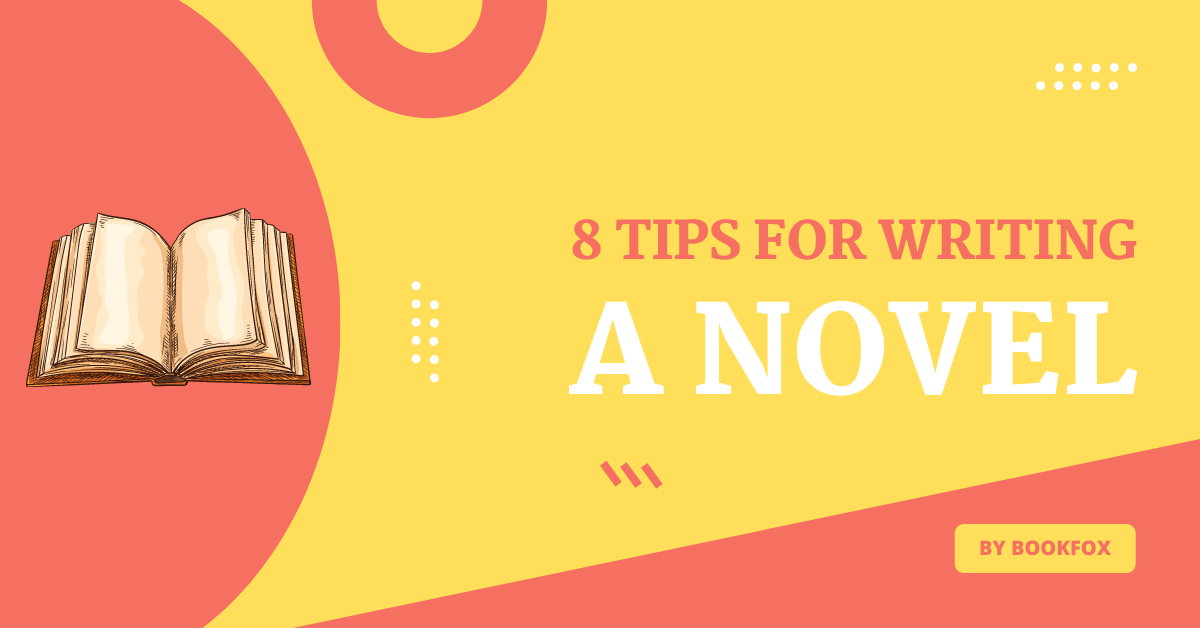 Guest Post by Jody J. Sperling
Guest Post by Jody J. Sperling
If you’re given to quitting, writing novels isn’t for you.
If you’re happier writing than reading, don’t bother writing.
But if you’ve bolted your heels to concrete blocks, and if you view failure as a bridge over the black abyss, and if you’d rather be reading than climbing mountains or watching television or snowboarding, write a book.
You will want to give up. Don’t.
You’ll try to salvage an irredeemable mess. You’ll forget to save a chapter. You’ll misplace a draft. Your grandmother will ask if those “things you wrote about” really happened to you. A stranger will ask you if they’d know anything you wrote. A hundred agents will reject your manuscript. Five thousand people will tell you, “I’ve always wanted to write a book someday.”
 Before any of that happens, you’re going to confront a blank page with a grand idea, and you’re going to fantasize about writing the next big whizbanger, the Great American Yeah.
Before any of that happens, you’re going to confront a blank page with a grand idea, and you’re going to fantasize about writing the next big whizbanger, the Great American Yeah.
When that day comes you’ll have an image of the whole unwritten novel in your mind. The characters and setting and situation will shine with the light of life.
Then you’ll embark on the journey of writing.
If you’re anything like me, you’ll quickly compose twenty or thirty pages, feeling confident, self-assured, before a nauseating uncertainty will greet you some early morning: the tone will falter, a character will act in an unexpected way, someone will trip the metaphorical fire alarm and all your senses will flee for an exit, the humor will skid off the page only to be replaced by horror.
In an instant, every good and wonderful detail of your imagined novel will betray you. At this point you might spend hours rereading the pages you’ve written, searching the text for the crucial error. You’ll think you’ve found it; you’ll cut the passage; you’ll rewrite and sigh relief; you’ll get it wrong again; you’ll read from the beginning and think the error was here or there.
Before you even have time to question if you’ve lost your sanity, you’ll have maimed the draft, leaving nothing but nouns, verbs, prepositions and conjunctions.
Imagine the above happening ten times.
Or maybe you’ll press on, writing more pages, twenty, fifty, two hundred. You’ll think, I can fix the mistakes later, and you’ll race to the end, but when you arrive at the climax, it isn’t as glorious as you imagined. The closing moment reads flat; the final chapter is boring and predictable; you won’t remember how to spell unnecessary when you carve the words, UNNECESSARY SUFFERING onto the skin of your forehead.
The specific agony of a dream gone awry.
Don’t give up. Don’t you dare quit so easy.
When you’ve finally destroyed your first draft thoroughly enough to trash it, you’re ten percent of the way toward your goal, maybe twelve percent of the way there.
First drafts are the gatekeepers of the literary society. Every first draft is named Bruce or Ursula. They’ve got broad chests and burly arms, that look in their eyes like they just don’t care and they can’t wait to mess you up. A lot of people are defeated by first drafts, and we’re glad that’s the case, because the more people who turn back when they’re confronted by Bruces and Ursulas the fewer people we’re in competition with to get that critical representation when it’s time to publish our fifth draft.
Fifth Draft? Fifth Draft!
Get it out of your head right now that you’re going to be the exception to the rule. Let’s not even entertain exceptions to the rule. I’m not even sure they exist.
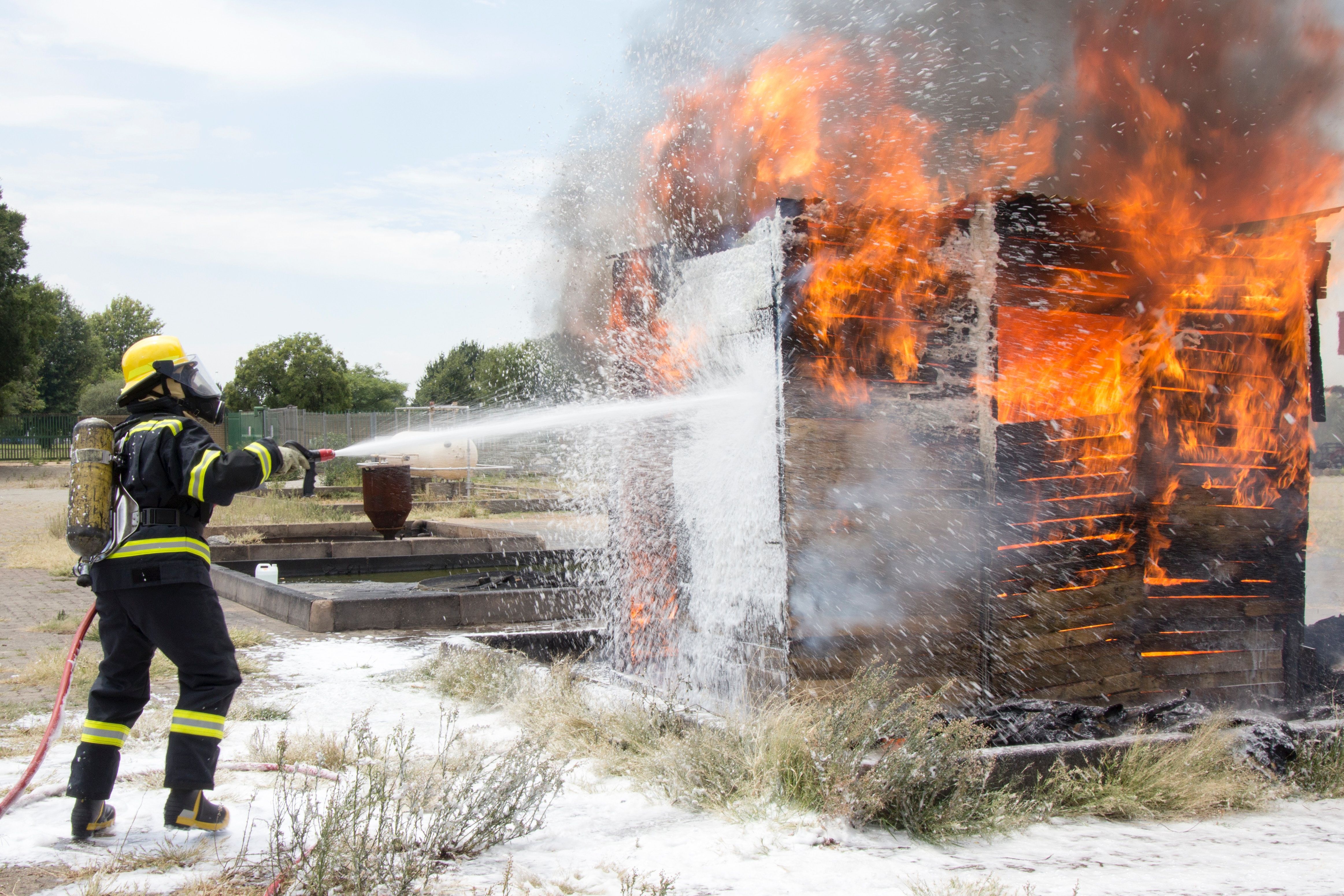
We’ve probably all heard stories: Ray Bradbury purportedly wrote Fahrenheit 451 in nine days. Look deeper though, and you learn that Bradbury actually wrote “The Fireman” in nine days. “The Fireman” was a twelve-thousand-word short story that was later developed into Fahrenheit 451, which took significantly longer to write.
Then there’s the legend of Jack Kerouac’s On the Road. It’s said that he wrote the whole book in a sitting off one roll of dot matrix paper fed into his typewriter. What nobody talks about is how many of Kerouac’s journals he used to compose the breakneck draft. Do I smell mythological revisionist history at work?
I said let’s not entertain exceptions.
So here’s the thing. The essay you’re reading now, it’s just a little block of prose built around my reflections of writing novels. I knew the topics I wanted to develop before I began writing, but somehow I couldn’t get it right. What you’re reading here is my fifth draft. If you doubt my claim, look me up on Facebook. I’ll send you my prior drafts.
(In the world of writing, I’m a sixty-year-old hoarder. Nothing I’ve ever drafted has been moved to the recycle bin. Though I did lose a draft of a novel once. May it rest in peace.)
Don’t Fear the Draft
Bruce’s little brother is named Bubba. He’s a bit slow, mentally, a bit flabbier, and a whole lot less impressive on the eyes, but he’s still big and mean and some people are plain embarrassed to know Bubba, so they walk away.
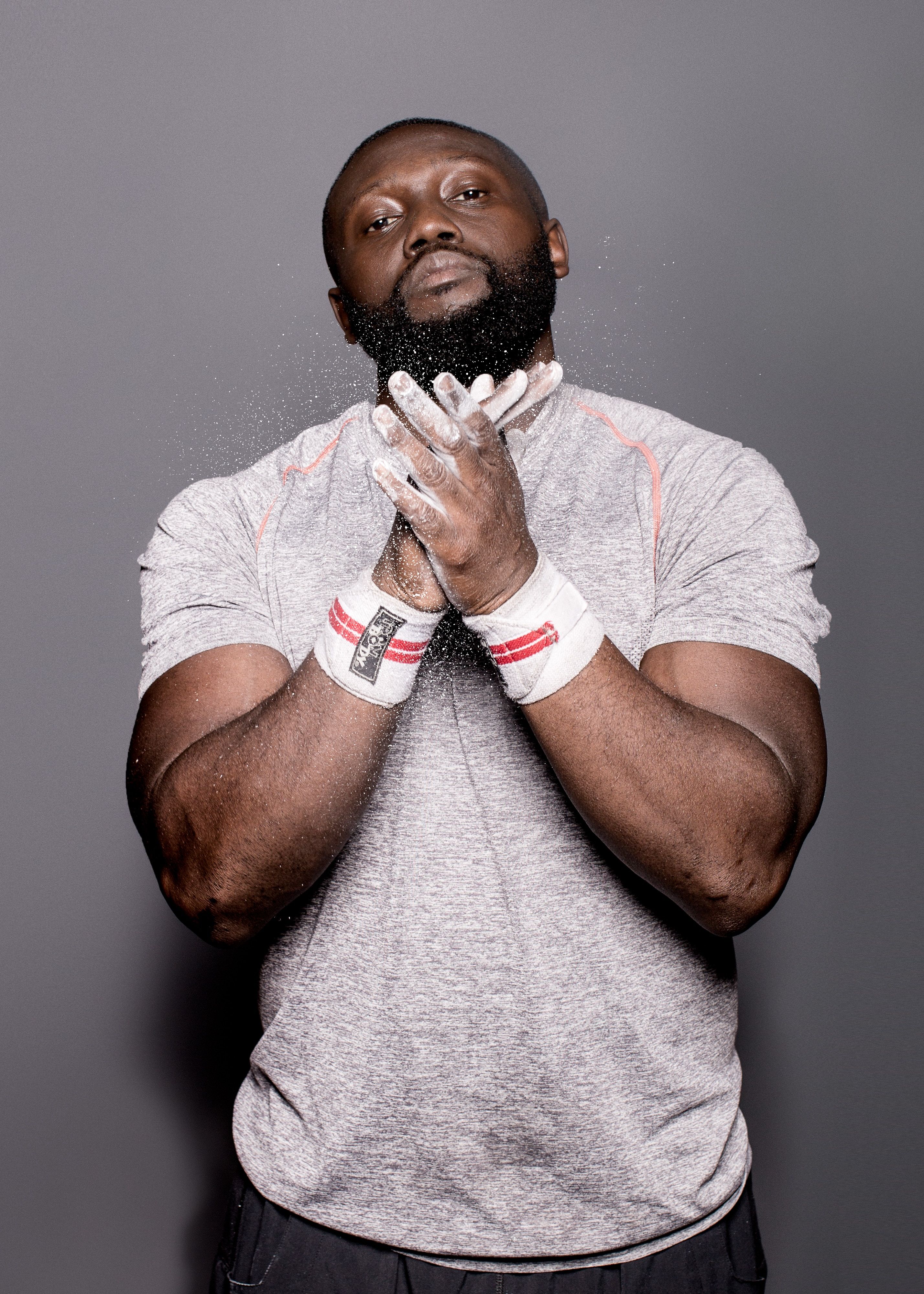
Bubba is the second draft and he’s a result of inbreeding. All these great ideas that failed in the first draft, along with the new great ideas that a writer encounters while writing a first draft, get crammed into a second draft. The second draft doesn’t have as much purpose and intent. It tends toward aimless. Every tangent is explored.
Second drafts read like confirmations of a writer’s worst fear. The idea was no good to begin with. And usually a writer has spent at least six months, more likely a year or two tinkering with that original idea by the time Bubba arrives, fully formed and horrifying to behold.
Bubba does the heavy lifting though, he and his cousin Betty. While they aren’t much to look at, Bubba and Betty can plow a field and sew the seed. When the seed they sewed grows and sprouts, you have a serviceable third draft.
Most writers don’t need more than three drafts, though some, like me, have grown wearily accustomed to fourths and fifths. I can’t explain why it’s so hard for me to write a decent manuscript without writing four miserable precursors. But I have learned that I have the stamina to produce as many drafts as it takes to feel proud of the finished product.
If you’re going to write a novel, I encourage you to make peace with producing drafts.
The Numbered and Dirty
1. Write in minutes, words or pages, but however you write, track your progress daily.
I started my writing career with a timer set for sixty-one minutes. It didn’t matter to me if I produced five words or five hundred so long as I devoted sixty-one minutes of focuses, unbroken time with the page.
I’ve worked my way up to eighty-nine minutes, and I set my timer every morning: before I do anything else, I write. I write seven days a week. It’s my routine and discipline. Yours can and will be different.
You may want to set a word count for yourself, but no matter what you do, measure your process. Measuring the process allows you to observe subtle clues about your work. Often, for me, I find that I get distracted during my timed writing sessions when the work I’m writing is off track. I’ll see myself wasting time, reading an article online or responding to emails long before I’ll consciously know I’m writing the wrong story, or the story has taken a bad turn.
But because I know my timed writing is supposed to be focused, I can see the loss of focus and interrogate the writing, discovering missteps much sooner than I otherwise would. The same will be true for you.
2. A draft is a unique whole.
A draft is a unique whole, which means you’re not producing a second draft just because you comb through a first draft, cutting words, rewriting passages, correcting typos. Redrafting is a confusing word that’s synonymous with revising.
Again, ignore the exceptions. They may not exist. Every novelist writes second drafts. Second drafts start from scratch. They use the knowledge learned in the first draft to further develop the original idea. Each subsequent draft is a product of deeper learning. They are exhausting but have the advantage of allowing writers to recast a character rather than trying to surgically adapt her.
One of the greatest advantages of multiple drafts is the writer’s ability to explore tone. No first draft is ever tonally even. A consistent tone is proof that a writer has anchored the novel in bedrock. And a consistent tone will always signal a final draft.
3. Outlines count as drafts.
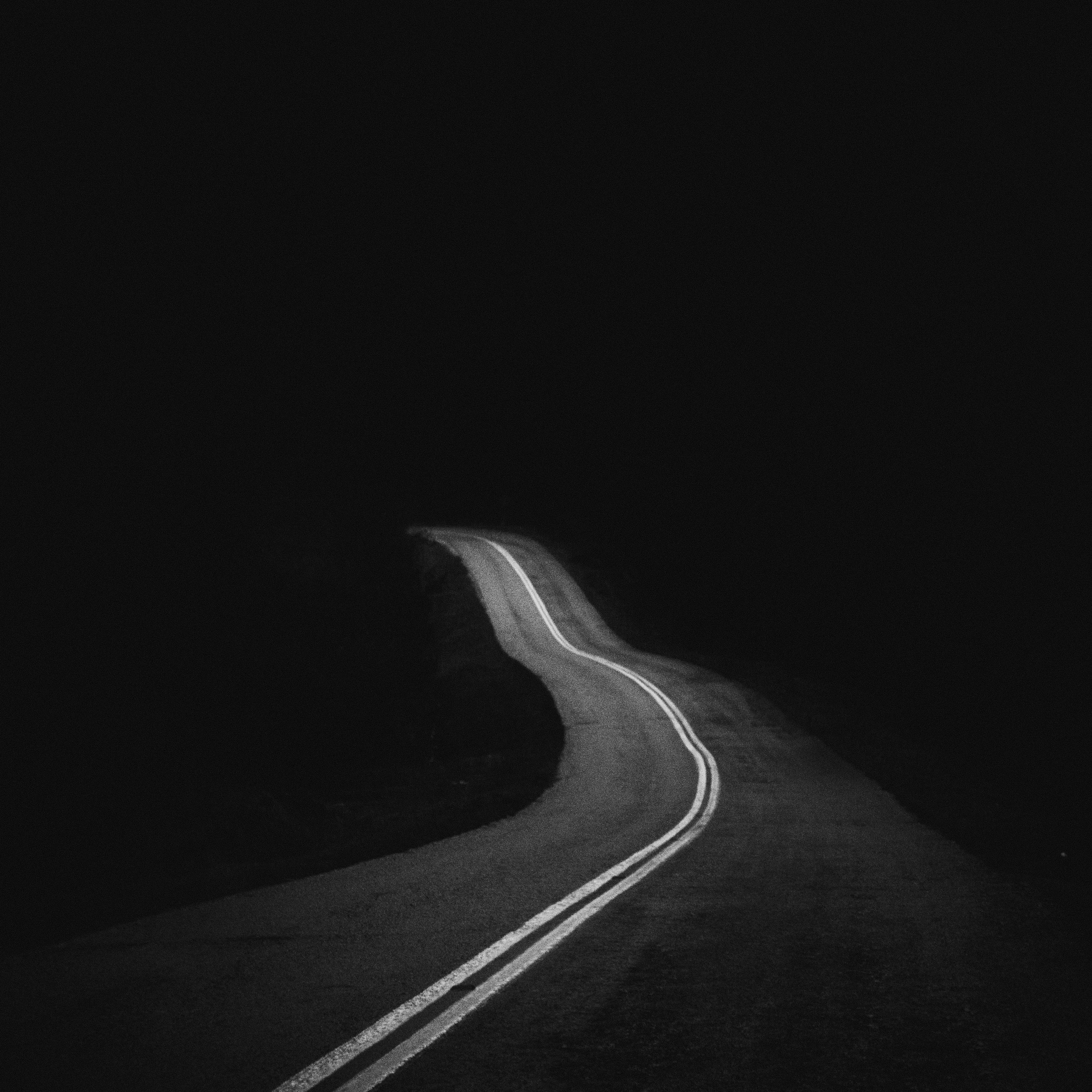
Some writers encourage outlining (I disagree with you, John Grisham). I outline essays on occasion, and I did outline a draft of my most recent novel, but if you were to look over my outline you would find only one detail that made the final draft: The main character’s name (though the main character in that outline is a supporting character in the final draft of the novel).
4. Don’t outline unless you’re desperate.
Outlines will benefit the writer who wants to forefront plot. They are a quick, efficient way to mute character development in favor of action. While I’m a devoted fan of heavy plot, I shy from outlines because I believe that plot is a function of character and not the other way around. If I outline, I’m ensuring an extra draft, because I’ll still have to write the character-driven draft before I arrive at the layered whole.
5. Final drafts are not finished products.
When I arrive at the layered whole, I have a final draft. My final draft, as I mentioned, is tonally consistent. The characters have settled into their personalities. The plot is set in stone. However, my final draft is still subject to logic problems, pacing issues, and clichéd or imprecise language.
The final draft will require as many as a dozen complete revisions before it’s polished enough to send to agents. You’re at the greatest risk when you possess a final draft.
6. Edit and revise only when you’re certain the product is a final draft.
In every case I know, a writer will feel a surge of despair during the editing of a final draft, and it’s during that period of despair that the writer can destroy all his work. The dreaded overworked manuscript is real, and many novels have fallen into this pit.
Great writers all suggest that a final draft be filed away and left alone for weeks or even months. When you are in the final stages, you’ve read and reread your novel so many times that you lose any sense of objective reasoning. Stepping away at that moment will save you from overworking the book. Step away.
Once you have the final draft and some distance from it, once you’ve revised it to a high-polish it’s time to reach out to your readers. If you don’t have a community of readers who are fellow writers or understand editing, you’ll need to find it.
7. Cultivate relationships with other writers, they’ll be your champions and first readers.
Readers should help you identify weak points in your final and revised draft. If the reader does not show an understanding of your intentions and support your goals, don’t trust that reader’s comments. But if you trust your reader, embrace her critiques. She means well, and she sees more clearly than you do.
8. Offer to edit others’ manuscripts.
Now, but here is something that is critical: Don’t ever allow someone to critique your work for free. Make them pay you. That payment should come in the form of a mutual critique. If your reader is reading your work, you should read her work, or if she doesn’t write, have her recommend her favorite books to you to read. This exchange is the only way for both parties to have currency in the relationship, and if one person is giving without receiving, nothing is at stake for that person and her thoughts cannot be trusted.

What Else?
We started by discussing the importance of reading over writing. I’m stressing to you the importance of reading. The more you read, the less likely you are to waste your time writing a book that’s already been written.
Whether you write romance, westerns, erotica, literary, suspense, thriller, sci-fi, or avant garde, there is a rich history and tradition behind you. Be familiar with it so you can add to the conversation rather than repeating what’s already been explored.
Enough said. Now go read a book and read some more, and make time to write, too.
–Jody J. Sperling lives in Omaha with Ashley, Silas, Edmund, and Tobias. His work has been featured in Red Rock Review, Litro, The Moth Magazine and elsewhere. He’s written two novels, and no, you haven’t read them—yet.
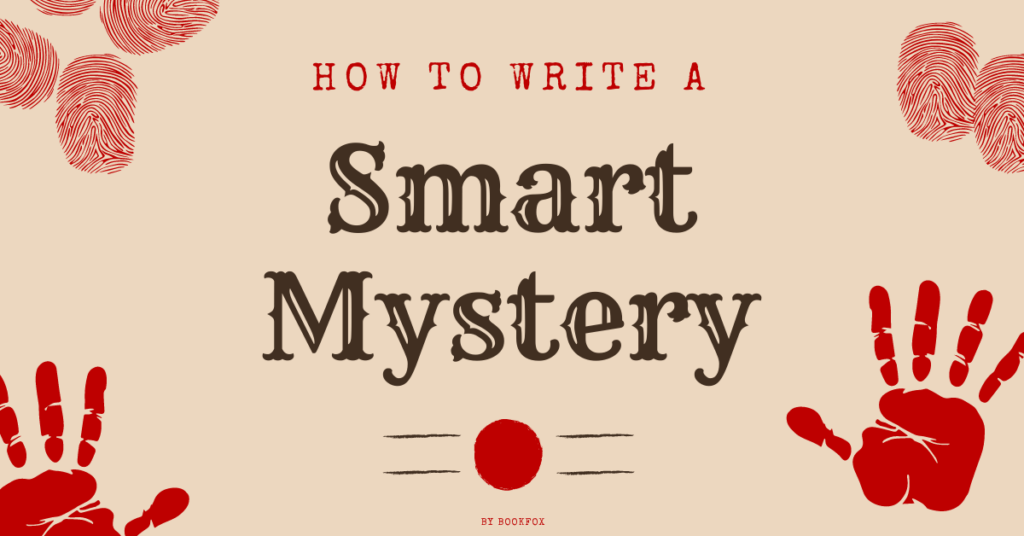
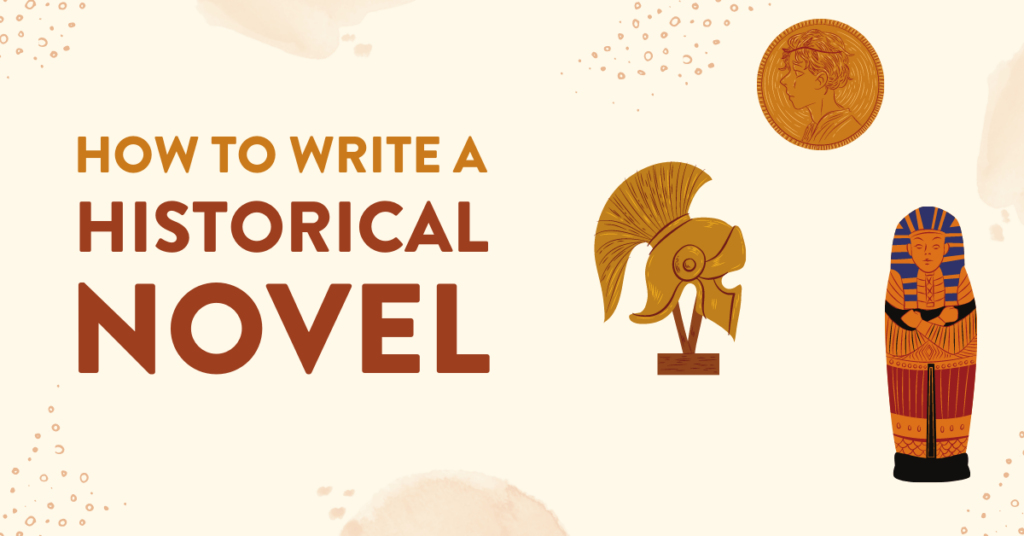

15 comments
Cormac wrote THE ROAD in three weeks.
Their Eyes Were Watching God – seven weeks
Homer and Langley – 3 weeks
Brah, snowboarding makes writers WAY better. Activities increase brain extremes, at times causing creative explosions of the cerebral cortex. It’s science man! Deal with it! Maybe you wouldn’t have to write so many DRAFTS if you rode the POW.
I really needed this. Thank you. I’m currently on my third draft. About to give in (give up?). Seriously, this is exactly what the doctor ordered (sorry for cliché).
Piers Anthony wrote 4 books a year. His books are all better than Updike, Rushdie, Melville, Mattingly, Skynyrd, Woods, Mickelson, Trevino, Russell, Jordan, David, Kramer, and everyone.
Have a go at shutting your eyes and composing, so you aren’t understanding it as you compose, yet rather it is spilling out of your psyche.
Darken the screen till it goes black. Or make the background colour black. Compose. Same effect.
Hello Mr Sperling:
Greetings from India.
I have become a big fan of John Matthew Fox. It started when I stumbled upon this site about a year ago, and ended up reading one of his stories, ‘To Will One Thing’, in Shenandoah magazine. It’s a story I love.
Our processes of mental categorisation are mysterious and idiosyncratic: in my mind, I group ‘To Will One Thing’ with Bobbie Ann Mason’s ‘Shiloh’ and also — don’t ask me why — with Raymond Carver’s ‘Cathedral’ and ‘Popular Mechanics’. I sense among all four a vague but compelling harmony.
A month or two back, I bought a Kindle version of Fox’s ‘I Will Shout Your Name’. Fox is insightful and humane. His stories are like dandelion floaters, light yet centred with a seed. His craft hums an easy tune as it works to conceal the dramatic framework of his stories. And to conceal itself.
I did not mind that the stories all touched on faith and belief.
Since then, I’m a frequent visitor to this site.
I liked this article. It hammers home again into me a reminder to mend my ways with words and word counts 😉
And to end my rambling and come to the point…have I spotted an error in the second para (also the second line) of this post?
Shouldn’t ‘If you’re happier writing than reading, don’t bother writing’ actually be ‘If you’re happier reading than writing, don’t bother writing’?
Is that what you meant to say?
Warm regards,
S.B. Easwaran
Hmmmmmm! I get it now! 🙂 That sentence reads right! This was a double double-take!!! Oops!
S.B. Easwaran,
Thank you for the comments. I’m encouraged by your devotion to craft. It sounds like you’re giving it all you have. Your energy is inspiring.
And, yes, I understand the double-take at the reading vs. writing dilemma. But too many people would prefer to be heard and so rush to the page to write their thoughts. It’s my opinion that writers eager to be heard won’t write prose worth reading. For that reason, I believe all writers should prefer to read. I consider it a mark of a good writer if he or she would rather read, but he or she still writes because the process of reading provokes such a strong response.
True, Mr Sperling. Sorry, I didn’t see your response before.
I love to read. It inspires me and helps me to write.
Hey John, great blog, great writing, so much knowledge, thank you. Was wondering your opinion on labeling the genre of your manuscript when submitting to agents…….What is the biggest difference you would see in labeling a manuscript either thriller or action genre? Rookie at all this so thank you for any advice you could give.
I think Thrillers tend to have more slow-burn tension and a slower pace, while action is fast paced action the entire book.
This had so much great advice. The only thing I hated was the beginning. I hate it when people say, if you are (insert a person with a type of flaw) then quit. My whole life I’ve fought the idea that because of some inherent quality I’m destined to be a failure. If you’re given to quitting, try to change, don’t give up!
If you are considering getting a serious, legitimate publisher to pick up your book, then you won’t have to worry about a cover. If a publisher is interested in your story, they will find a designer for your book.